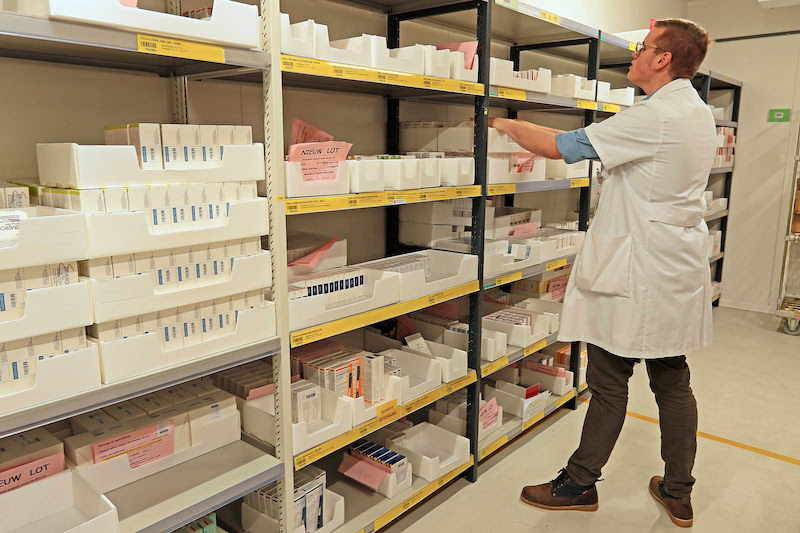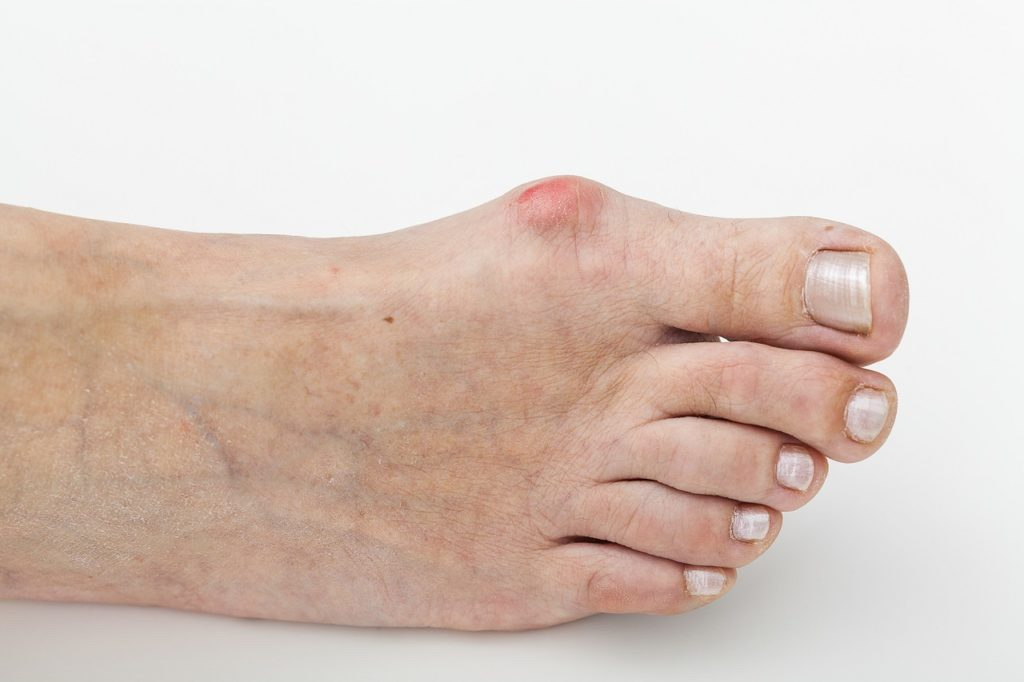
Kidney stones and myocardial infarction
Strangely, there is a direct relationship between having kidney STONES due to calcium, and certain cardiovascular diseases such as myocardial infarction (Nephrology’s American JOURNAL) On the one hand, we know that approximately 10% of men and 7% of women will suffer renal colic throughout their lives, and the possibility that the stone is due to calcium has a 67% of possibilities.
Furthermore, it was observed that patients who had calcium STONES were more likely to have cardiovascular diseases.
By studying these patients we realized that, in their arteries, they had an excess of calcium deposition, often associated with osteoporosis. If we analyse the data, the process is logical. Osteoporosis is the result of too much calcium, which leads to calcium deposition in the artery walls that are the origin of various cardiovascular diseases.
Preventing stones
We must pay attention equally to the diet and the heredity factors:
-A 50% of patients having STONES have a hereditary factor involved.
-Ingesting substances rich in calcium increases the risk, as well as taking less than a half litre of water daily.
Tests that we must pass when we have suffered a colic
– Metabolic study: it involves blood and urine tests. They will allow to discover whether elements such as sodium are in an appropriate ratio.
-Bone Densitometry: it allows to discover if our body is destroying the bone to get calcium.
– Occasionally, a vascular study will allow to know whether calcium may be accumulating.
– Imaging Tests: they will indicate whether STONES are found in our urinary system.
If STONES are even formed, an extracorporeal lithotripsy or an endoscopic lithotripsy will solve over 90% of cases.
In our unit we recommend:
– an early diagnosis
– an appropriate treatment
– a study to prevent the formation of urinary stones.
Dr. Bartolomé Lloret
Director de Salud para el Hombre
Hospital Vithas Internacional Medimar




